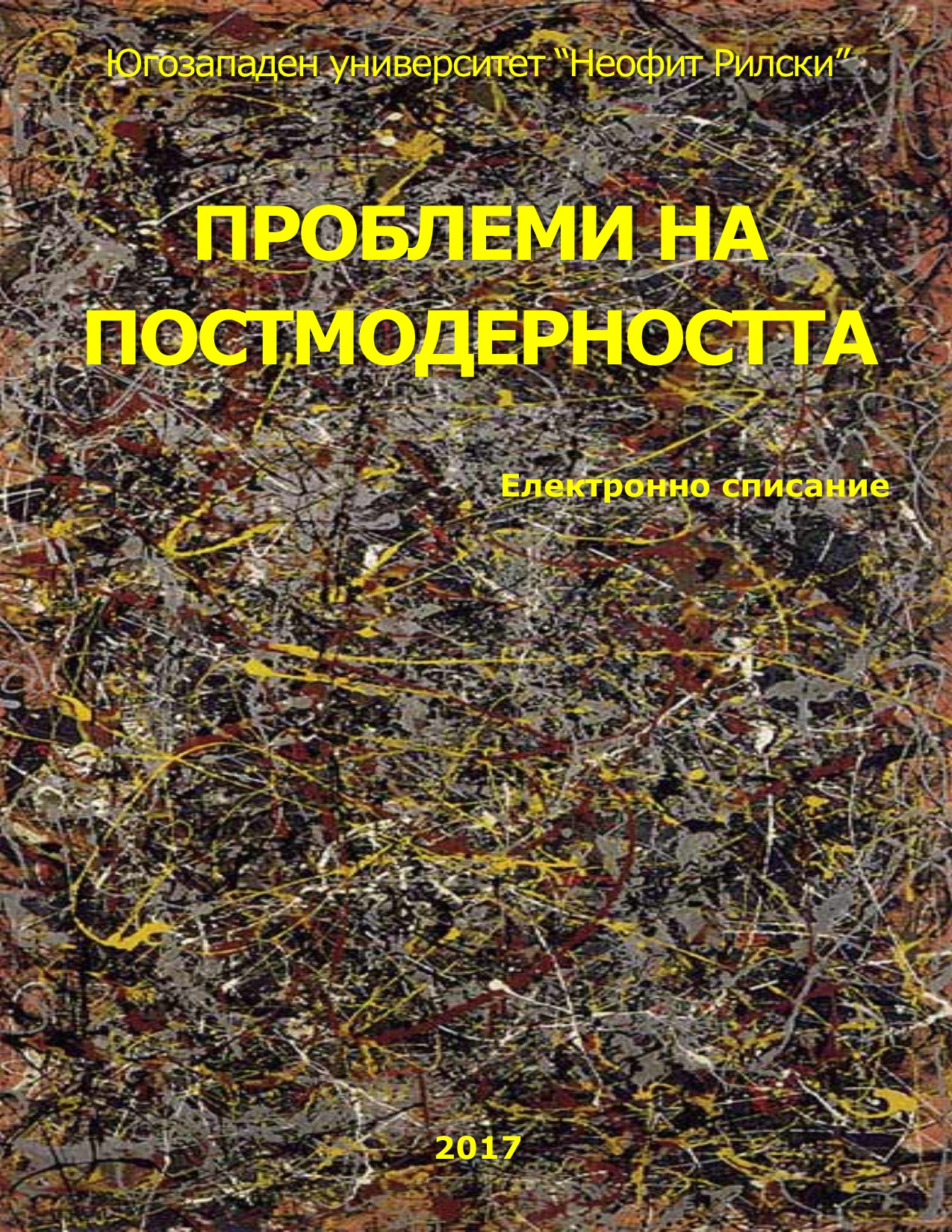Винаги свързани: дигиталните умения сред учениците
Always Connected: Digital Skills among Students
Author(s): Teodora HristovaSubject(s): Social Sciences, Media studies, Communication studies, Sociology, Applied Sociology
Published by: ЮГОЗАПАДЕН УНИВЕРСИТЕТ »НЕОФИТ РИЛСКИ«
Keywords: digital skills; digital divide; digital inequality; digital competences; social networking.
Summary/Abstract: Internet and new technologies allow us to be part of global network, including a steady stream of information, communication and fast and easy access to services. Despite the rapid spread of Internet and digital technologies, much of the world's population remains excluded from the digital economy. There are also some differences between those who have access. The new forms of inequality create marginalized groups. These groups do not have internet access and therefore at some point will not be able to participate in social, economic and political life.The new environment requires development of digital skills - a set of skills that enable efficient information management and proper use of ICT (Wallis, 2005). It is clear that individual’s digital connections and capital play key roles in academic achievement and defines individual’s success in labor market. This explains why too much attention is paid from researchers to children and adolescents, those who are born in the digital age.Today's teenagers have technology literacy, although there are differences between them in terms of access, use and skills. By the time when children enter middle school some of them have better access to digital resources. The lack of it often deprives young people’s opportunities to develop valuable web skills.In this article we examine the available literature and research methods of digital skills. Using the data from a survey of students between 13 and 18 years in Sofia city we will attempt to outline guidelines for measuring the actual skills of students and skills challenges, threats and children’s abilities gaps which do not give them a chance to compete in the digital age.
Journal: Проблеми на постмодерността
- Issue Year: 7/2017
- Issue No: 3
- Page Range: 297-332
- Page Count: 36
- Language: Bulgarian

